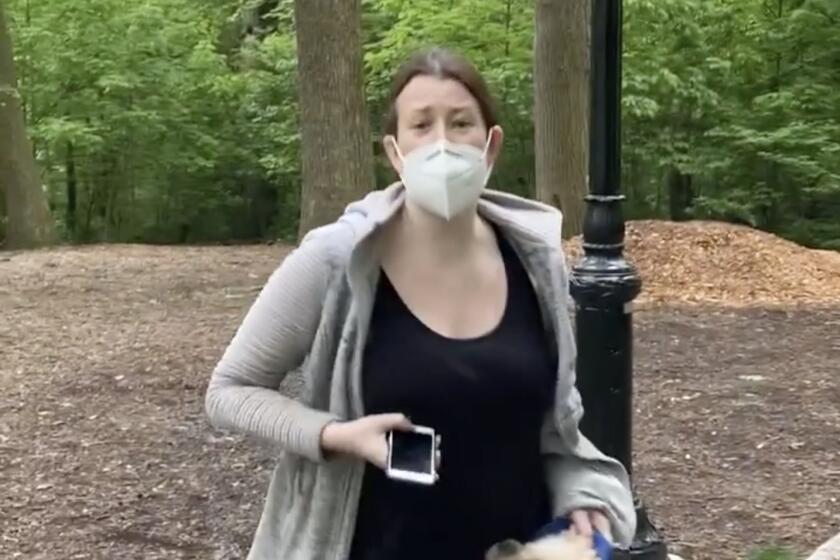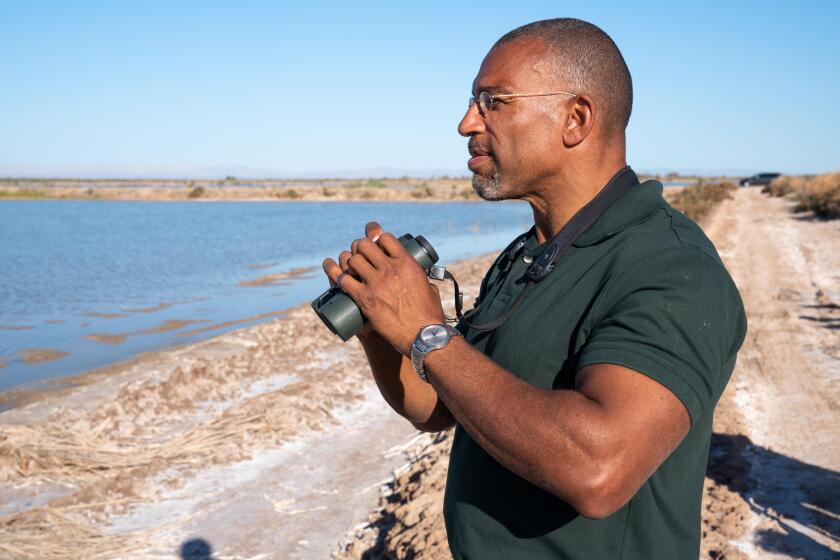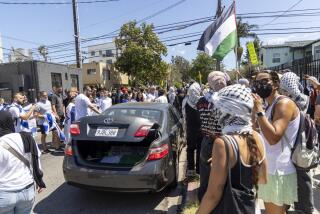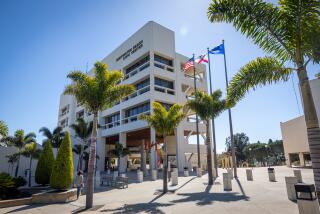Anti-Karen law? Berkeley ordinance would outlaw racially biased 911 calls
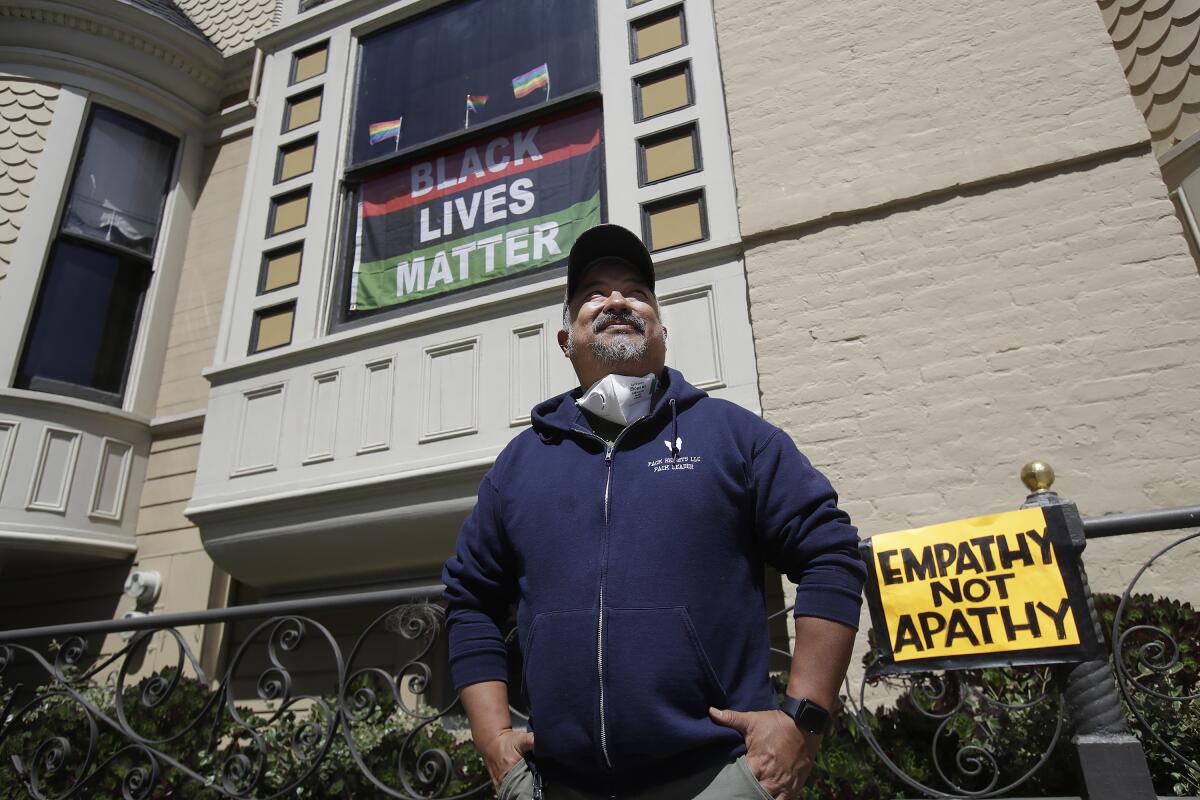
- Share via
Berkeley could make discriminatory and racially biased 911 calls illegal in a new ordinance being considered by the City Council.
The ordinance, which is on the agenda for the City Council meeting next Tuesday, was authored by Councilmember Kate Harrison and it would expand the current municipal code outlawing false reports to the police to specifically ban reports based solely on discriminatory reasons. The ordinance would also allow people to pursue civil action, such as seeking damages.
Discriminatory calls are defined as those based on one’s ethnicity, race, nationality, age, sex, religion, disability, sexual orientation, place of birth or creed, according to the proposal.
The ordinance is modeled after San Francisco’s 2020 CAREN Act, which stands for Caution Against Racially Exploitative Non-Emergencies. The name “Karen” has been used to refer to white women who’ve been caught on video exhibiting bias against people of color and making discriminatory calls to the police.
The Karen meme sends up a laughable, often feckless symbol of racism in America. But it’s cold comfort against the violent truth of white nationalism.
“Such incidents cause serious harm to the person falsely accused of a crime, contribute to defamation, cause anxiety and distrust among people of color and other people, and put an unnecessary strain on law enforcement officers responding to frivolous and false calls,” according to the ordinance.
In her proposal, Harrison cited discriminatory calls outlined in Berkeley Police Review Commission’s 2017 “To Achieve Fairness and Impartiality: Report and Recommendations” report.
In one example, a mixed-race family was having pizza at Bobby G’s Pizzeria on University Avenue when another diner reported that the couple was “abusing their children by drinking beer and wine in front of their child.” Police arrived, and after the owner of the restaurant told them that the family were “minding their own business watching a football game,” officers questioned the Black father for an hour.
Christian Cooper, the birder who was falsely accused of threatening a woman in Central Park, will host ‘Extraordinary Birder’ for National Geographic.
Harrison referred to another example in which a Black security guard in uniform was carrying a licensed gun and speaking with a white woman at the corner of Allston Way and Bonar after a Berkeley Youth Assn. ceremony. A white man started videotaping them and after the security guard told him to stop, the man said it was his right and told him: “Don’t bring a gun into my neighborhood.” The white man then called the police, who arrived and verified the credentials of the security guard. One of the officers stayed and continued to ask the security guard questions. The Black man said he felt he was being “badgered” and “unduly questioned.”
In May 2020, Amy Cooper, a white woman, called the police in New York City’s Central Park to report that she was being threatened by “an African American man,” Christian Cooper, who was bird watching in the park. The video was posted on Twitter. Months later, Amy Cooper has been charged with filing a false police report. The charges were dropped after she finished an educational course.
More to Read
Sign up for Essential California
The most important California stories and recommendations in your inbox every morning.
You may occasionally receive promotional content from the Los Angeles Times.
